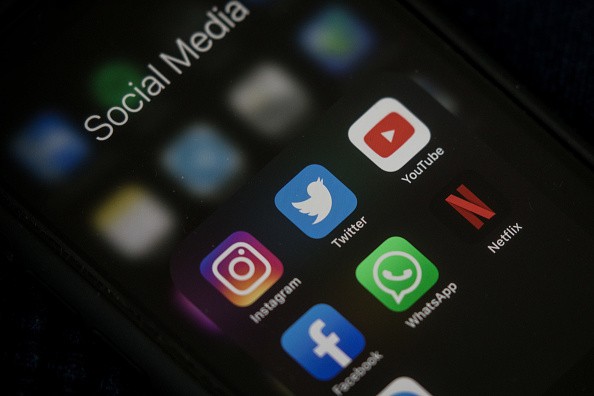The Seattle public school system has sued Big Tech, saying that the firms are to blame for a deteriorating mental health crisis among students. Reportedly, it also directly impacts the schools' capacity to fulfill their educational mission.

In the World of Social Media
According to Reuters, a case was filed in a US District Court on Friday, Jan. 6, against Google parent company Alphabet, Meta, Snap, and TikTok's owner ByteDance.
The lawsuit alleges that the firms' products were deliberately created to attract young people to their platforms, resulting in a mental health crisis.
In response, Snap said it works closely with several mental health organizations to offer in-app tools and support for users. It also emphasized that the well-being of its community is the company's top concern.
Meanwhile, Google said it had spent extensively building safe experiences for youngsters across its platforms. Apparently, it added strong safeguards and dedicated functions to protect their well-being.
Both companies sent these reactions to Reuters through email.
The request for a response from both Meta and TikTok went unanswered. Previous reports indicate the firms' intention to provide users with a positive experience by filtering out inappropriate material, funding moderation efforts, and enforcing content policies.
Lawsuit Specifics
According to the complaint, the tech businesses' activities have played a significant role in triggering a mental health crisis among young people.
The lawsuit claims that the defendants effectively exploited the susceptible minds of adolescents, luring millions of students throughout the nation into positive feedback loops of excessive usage and abuse of their social media platforms.
Schools have taken measures, including providing mental health training to instructors and hiring qualified staff, in response to this case. The complaint also indicates that the schools are expanding resources to educate students about the risks of social media use because of the poor performance of students with mental health difficulties.
In this matter, the plaintiff is demanding monetary damages and additional penalties.
Backed by Scientific Research
Earlier this month, Tech Times reported a new study suggesting that teenagers' excessive time on social media is associated with negative outcomes for cognitive maturation.
One potential long-term impact of adolescents' increasing usage of social media is a heightened sensitivity to the expectation of social rewards and penalties. This is according to research that appeared in JAMA Pediatrics on Jan. 3.
Co-author and UNC-Chapel Hill professor Eva Telzer said the findings show that youngsters who are exposed to social media at an early age are more likely to have a higher susceptibility to the opinions of their peers.
Previous Facebook Issue
After hearing evidence from whistleblower Frances Haugen in 2021, US senators accused Facebook CEO Mark Zuckerberg of prioritizing money over children's mental health.
Facebook has often said it disputes Haugen's claim that the firm failed to safeguard teenage females on Instagram.
Zuckerberg responded on Facebook, saying that the claim about them purposefully promoting stuff that makes people upset for the company is highly ridiculous.
"We make money from ads, and advertisers consistently tell us they don't want their ads next to harmful or angry content. And I don't know any tech company that sets out to build products that make people angry or depressed."

ⓒ 2026 TECHTIMES.com All rights reserved. Do not reproduce without permission.




